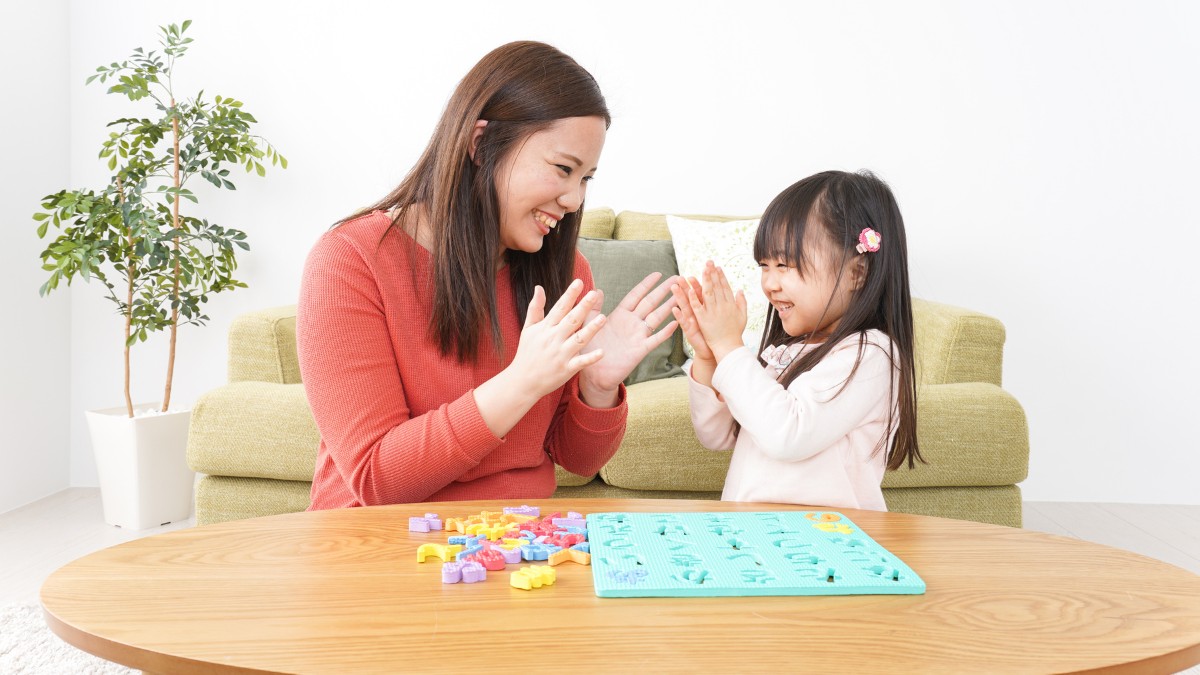Key Points:
- Conversation games can significantly improve social communication skills in children with autism.
- These games create low-pressure, structured opportunities to build confidence and connection.
- Parents can use simple, fun activities at home to support their child’s growth.
“Why does my child struggle to talk to others?” It’s a question many parents ask, especially when their child seems bright, kind, and full of ideas—but still struggles to start or follow conversations.
For children with autism, learning how to engage socially can be confusing, overwhelming, or even anxiety-inducing. Fortunately, structured conversation games for autism offer a practical, enjoyable way to build social skills without stress.
Can Conversation Games Help Children with Autism Build Social Skills?
Yes, they absolutely can. Conversation games for autism are more than just playful distractions—they're essential tools.
These games introduce children to the rhythm and rules of social interaction in a gentle, supportive environment. Whether it’s learning how to take turns, ask questions, or express feelings, structured activities make communication easier to understand, practice, and eventually master.
Why Conversation Games Work So Well
Understanding why games help unlock communication can give you greater confidence when supporting your child’s social development.
Structured but Flexible Learning
Children with autism often thrive on routines and predictable patterns. Games offer structure—clear rules, turns, and outcomes—making interactions easier to follow and less intimidating.
Repetition Builds Confidence
Most games encourage repetition, which is a key to mastery. The more your child practices saying "hello," asking a question, or maintaining eye contact in a game setting, the easier these skills become in real life.
Low-Stakes Environment
Unlike spontaneous social situations, games provide a safe place to make mistakes, laugh about them, and try again. This lowers anxiety and increases willingness to engage.

Simple Yet Powerful Conversation Games to Try at Home
These easy-to-learn games can become a meaningful part of your daily routine or family time. They help build essential communication skills, step by step.
1. Feelings Charades
- How to Play: Write down simple emotions on flashcards (happy, sad, angry, excited). Take turns acting them out while others guess the emotion.
- Skills Targeted: Recognizing and labeling emotions, nonverbal communication, empathy.
2. Question Ball
- How to Play: Write conversation starter questions on a beach ball ("What’s your favorite animal?", "What do you like to eat for lunch?"). Toss the ball; wherever their hand lands, they answer that question.
- Skills Targeted: Asking and answering questions, topic initiation, turn-taking.
3. Two Truths and a Silly
- How to Play: Share two true facts and one silly made-up idea about yourself. Others guess which is the silly one.
- Skills Targeted: Self-expression, listening, understanding humor.
4. Story Builders
- How to Play: One person starts a story with a sentence. Each person adds to the story, one sentence at a time.
- Skills Targeted: Narrative skills, sequencing, imaginative play, active listening.
5. Role-Play Café
- How to Play: Pretend to run a café, with roles like waiter, customer, chef. Practice ordering food, asking for help, or solving pretend problems.
- Skills Targeted: Everyday social scripts, problem-solving, flexible thinking.
Conversation Games at School and in Group Settings
Games aren’t just for home. Schools and therapy groups often use similar activities to encourage interaction in a classroom or peer setting.
The Power of Peer Modeling
When children see others their age engaging in a game, they’re more likely to feel motivated to try. Peer modeling shows what good conversations look like in real time.
Circle Time Games
Teachers may incorporate turn-taking games during circle time that subtly teach eye contact, waiting, and polite responses—essential social skills for everyday life.
What Social Skills Are Developed Through These Games?
By intentionally selecting the right conversation games for autism, you can support a wide range of developmental goals in a fun and engaging way. Those include:
- Initiating conversations (e.g., saying “Hi,” asking a question)
- Staying on topic
- Turn-taking and waiting
- Understanding emotions and facial expressions
- Responding appropriately to others
- Practicing eye contact and body language
- Building confidence in social settings
Adapting Games for Different Ages and Skill Levels
Every child is different. You can (and should) adjust games based on your child’s comfort, age, and social readiness.
Tips for adapting games:
- Use visuals. Picture cards or symbols can help non-verbal children participate.
- Keep sessions short. Five to ten minutes is enough for younger kids or beginners.
- Pair with rewards. For some kids, knowing there’s a favorite activity afterward can help with motivation.
- Celebrate success. Even small steps—like saying “hi” or staying in a game—deserve recognition.
Games Are Just One Piece of the Puzzle
Conversation games are valuable, but they work best as part of a bigger strategy. Many families find the best results by combining home activities with structured therapy—particularly Applied Behavior Analysis (ABA).
ABA therapy uses evidence-based strategies to teach communication, daily living, and social interaction. It's tailored to each child’s needs and progresses at their pace. Games like the ones above often complement and reinforce the work being done during therapy sessions.
The Role of Parents and Caregivers in Social Learning
You are your child’s first and most important teacher. When you engage in conversation games, you’re not just playing—you’re teaching life-changing skills in a way your child understands and enjoys.
How you can make a difference:
- Be patient. Social skills take time to develop.
- Be consistent. Daily practice makes a lasting impact.
- Be present. Let your child know you're their biggest cheerleader, not just their coach.
Ready to Take the Next Step?
If you’re looking for more structured support to help your child thrive socially and emotionally, Aluma Care is here to help. Our team specializes in ABA therapy in New Hampshire, Kansas, and Virginia, providing individualized programs that focus on communication, behavior, and connection.
Whether you're just beginning to explore conversation games for autism or you're looking for a more comprehensive treatment plan, we’re here to guide you. Our compassionate approach helps children build the tools they need for real-world success—one small victory at a time.
Let’s talk about your child’s future. Reach out to us today to learn how our ABA therapy services can help your child feel more confident, connected, and capable.












.jpg)
.jpg)
.jpg)







.png)